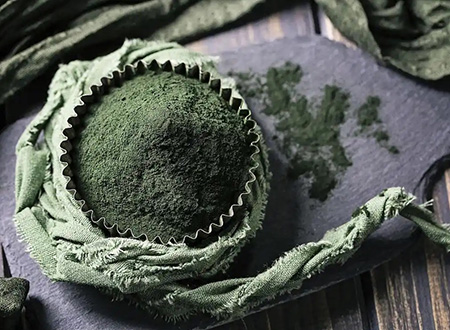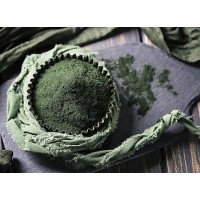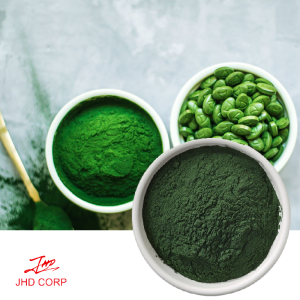The Difference Between Spirulina Powder and Seaweed Powder
Spirulina powder's high protein content makes it ideal for those seeking a plant-based protein source, whereas seaweed's iodine-rich profile supports thyroid health.
In the realm of nutritional supplements, both spirulina powder and seaweed powder have gained significant attention for their health benefits. Despite their similarities, these two superfoods have distinct characteristics and nutritional profiles that set them apart. This article aims to elucidate the differences between spirulina powder and seaweed powder, enabling informed choices for those seeking to enhance their dietary regimen.
Spirulina is a type of blue-green algae that thrives in warm, alkaline water bodies. It is renowned for its high protein content, comprising approximately 60-70% of its dry weight. This makes spirulina an excellent source of plant-based protein, particularly for vegetarians and vegans. Additionally, organic spirulina powder is rich in essential amino acids, vitamins, and minerals, including B vitamins, iron, and magnesium. Its antioxidant properties are attributed to the presence of phycocyanin, a pigment-protein complex that also gives spirulina its distinctive blue-green hue.

Seaweed, on the other hand, is a diverse group of marine algae that includes varieties such as nori, kelp, and wakame. Seaweed powder is derived from these oceanic plants and is celebrated for its iodine content, which is crucial for thyroid function. It also contains a range of vitamins, including A, C, E, and K, as well as minerals like calcium and potassium. Seaweed is particularly known for its polysaccharides, which have been linked to immune-boosting and anti-inflammatory effects.
While both spirulina and seaweed powders are nutrient-dense, their applications and benefits can differ. Spirulina is often favored for its protein content and energy-boosting capabilities. It is commonly used in smoothies, juices, and energy bars to enhance nutritional value. Conversely, seaweed powder is frequently utilized for its mineral content and potential benefits for thyroid health. It is often incorporated into soups, salads, and seasoning blends.
From a sustainability perspective, both certified organic spirulina powder and seaweed are considered environmentally friendly options. Spirulina cultivation requires minimal water and land resources compared to traditional agriculture. Seaweed farming contributes to ocean health by absorbing carbon dioxide and providing habitats for marine life.















